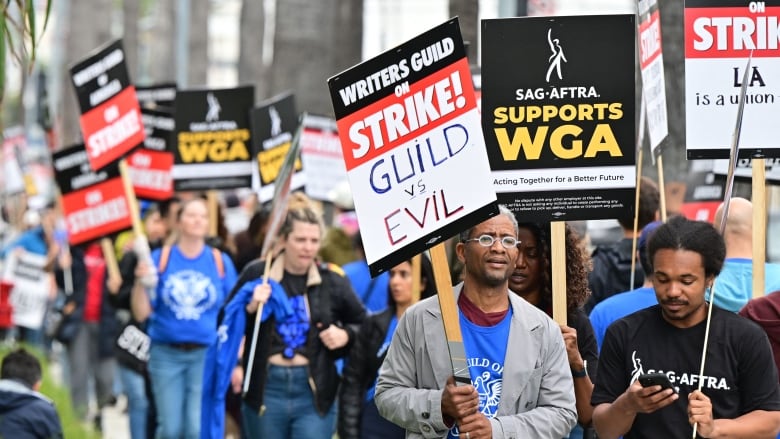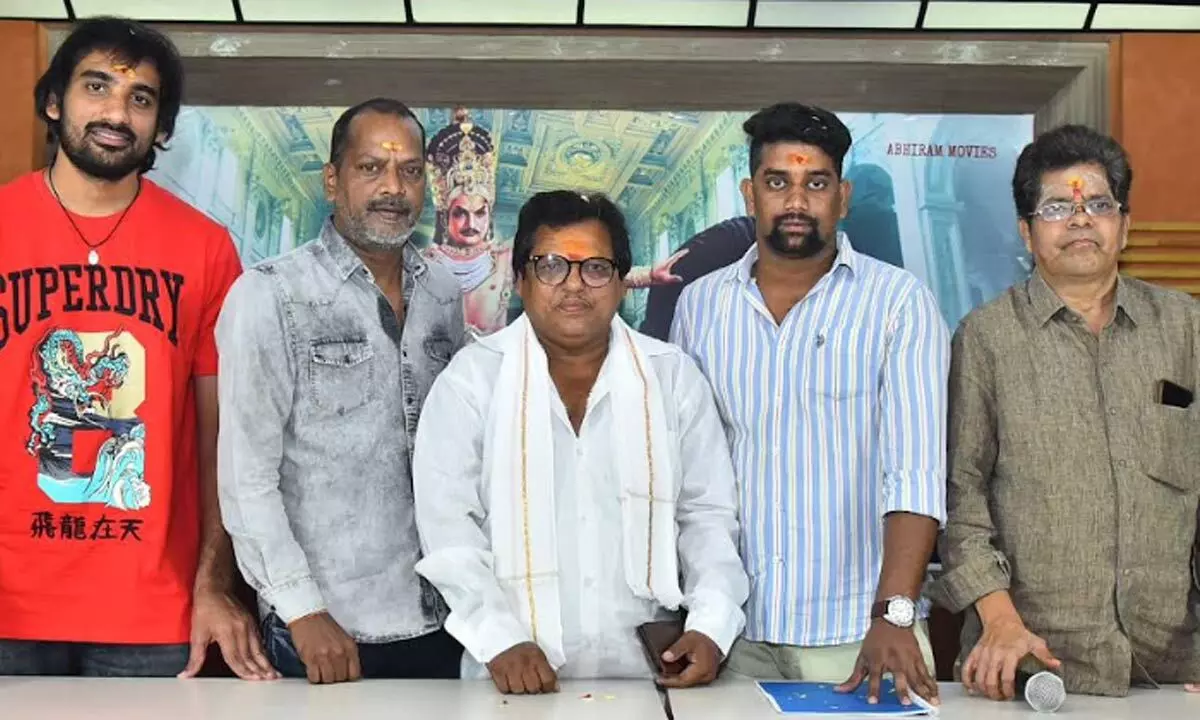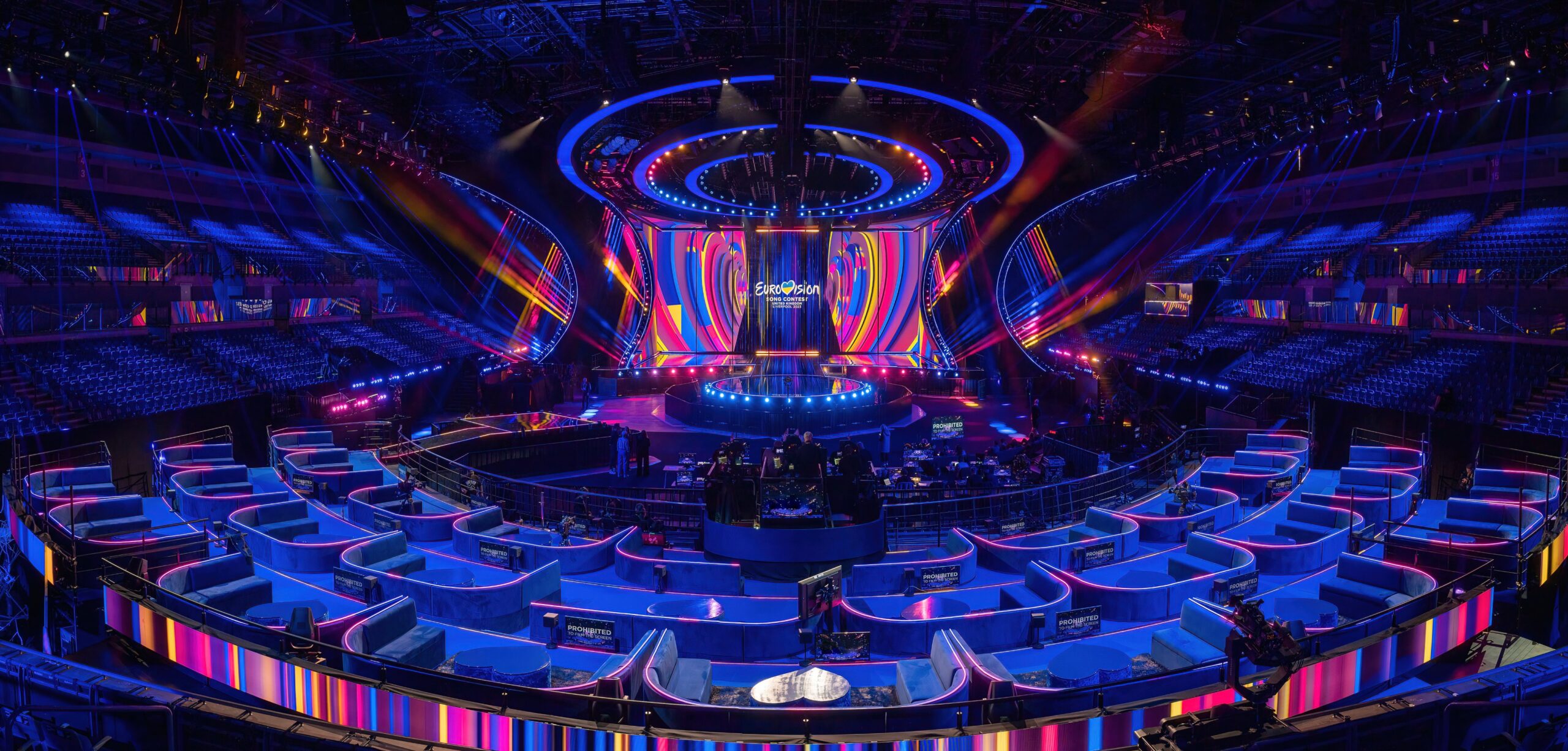Hollywood Shutdown: Writers And Actors On Strike, Impacting Film And TV

Table of Contents
The Causes of the Hollywood Strike
The current Hollywood strike is a culmination of long-simmering tensions between labor unions and the Alliance of Motion Picture and Television Producers (AMPTP), primarily driven by the changing landscape of the entertainment industry, particularly the rise of streaming services.
WGA Strike Demands
The WGA strike centers around several key demands reflecting the challenges faced by writers in the modern entertainment landscape:
-
Fair Wages and Residuals: The traditional model of compensating writers, which included substantial residuals from syndication and broadcast reruns, has been drastically eroded by the shift to streaming. Streaming services often pay writers a flat fee, regardless of viewership, leaving many struggling to make a living. The WGA seeks to establish a fairer system of residuals that reflects the continued value of their work on streaming platforms.
-
Minimum Staffing Levels: The WGA is fighting for minimum staffing levels on productions to ensure adequate creative input and prevent exploitation of writers. Reduced staffing leads to longer hours and increased workload for fewer writers.
-
The Impact of AI on Screenwriting: The increasing use of artificial intelligence in scriptwriting is a major point of contention. The WGA demands regulations to prevent AI from replacing human writers and undermining their creative contributions.
-
Specific WGA Demands:
- Increased streaming residuals based on viewership.
- Regulation of AI usage in screenwriting, including prohibiting the use of AI-generated scripts and ensuring human oversight in all writing processes.
- Guaranteed minimum staffing levels on productions, particularly for television series.
SAG-AFTRA Strike Demands
SAG-AFTRA's strike shares some common ground with the WGA, focusing on fair compensation in the streaming era, but also raises crucial issues specific to actors:
-
Fair Wages and Residuals for Streaming: Similar to the WGA, SAG-AFTRA members demand fair compensation for their work on streaming platforms, arguing that current payment structures are inadequate for the widespread reach and profitability of these services.
-
AI and Digital Replicas: SAG-AFTRA is vehemently opposed to the use of actors' digital likenesses without their consent or compensation. This includes the use of AI to create "digital doubles" or alter performances without the actor's involvement.
-
Self-Tape Auditions: The reliance on self-tape auditions has become widespread, placing the burden and cost of creating professional audition materials on the actors themselves. SAG-AFTRA seeks to address this issue and ensure fair compensation for these additional efforts.
-
Specific SAG-AFTRA Demands:
- Higher minimum pay for streaming projects based on viewership metrics and platform revenue.
- Strong protections against the unauthorized use of actors' likenesses and performances through AI.
- Regulation of self-tape auditions to mitigate additional costs and burdens placed on actors.
The Impact of the Hollywood Shutdown
The Hollywood strike has far-reaching consequences across the industry and beyond:
Production Delays and Cancellations
The strike has brought virtually all film and television production to a standstill. This translates to:
- Delayed Releases: Numerous films and television shows, from major studio productions to independent projects, face significant delays.
- Cancelled Projects: Some projects have been entirely canceled due to the uncertainty surrounding the strike and the inability to secure necessary talent.
- Types of Projects Impacted: The impact is widespread, affecting feature films, television series (both scripted and unscripted), late-night talk shows, and other forms of entertainment production. High-profile examples include the late-night shows, many film and television productions for major studios and streaming services.
Economic Consequences
The economic impact of the Hollywood strike is substantial and extends beyond Hollywood:
- Job Losses: Thousands of crew members, technicians, and support staff are facing unemployment due to the production shutdown.
- Ripple Effect: Local businesses, such as restaurants, hotels, and transportation services, which heavily rely on the film industry, are also experiencing significant losses.
- Studio Losses: Major studios and streaming services are facing losses in revenue due to delayed releases and production setbacks.
- Specific Economic Impacts: The economic damage is felt nationwide and globally, with particular impact on California's economy which depends heavily on Hollywood.
Impact on Viewers and Consumers
The strike directly affects viewers and consumers of entertainment:
- Fewer New Releases: The pipeline of new films and TV shows has significantly diminished, leading to a lack of fresh content on streaming services and in theaters.
- Streaming Service Impact: Streaming services are particularly affected, facing a content gap and the potential for subscriber churn.
- Viewer Experience: The entertainment experience is being altered with reduced viewing options.
Potential Resolutions and the Future of the Hollywood Strike
Resolving the Hollywood strike will require significant compromises from both sides:
Negotiation Challenges and Opportunities
The negotiations between the unions and the AMPTP are complex and involve numerous points of contention:
-
Residuals: Finding a fair and sustainable system of residuals for streaming content is a major challenge.
-
AI Regulation: Establishing clear rules and regulations surrounding the use of AI in the entertainment industry is crucial.
-
Working Conditions: Improving working conditions and ensuring fair treatment for all members of the creative workforce.
-
Potential Pathways towards a Resolution: Compromises may involve tiered residual systems based on viewership, establishment of industry-wide standards for AI usage, and improved minimum staffing levels.
Long-Term Implications for the Entertainment Industry
The outcome of this Hollywood strike could significantly reshape the future of the entertainment industry:
-
Contractual Changes: The strike could lead to significant changes in the standard contracts between studios and actors and writers, potentially resulting in more favorable terms for the creative workforce.
-
Power Dynamics: The strike is highlighting a shift in the power dynamic between studios and unions.
-
AI's Role: How AI is integrated into creative processes will likely be redefined in the aftermath of the strike.
-
Predicted Lasting Changes: We may see increased transparency in streaming revenue sharing, improved working conditions for writers and actors, and stricter regulations on the use of AI.
Conclusion
The Hollywood strike, encompassing both the WGA strike and the SAG-AFTRA strike, represents a significant disruption to the entertainment industry. The core demands of both unions center on fair wages, residuals in the streaming era, improved working conditions, and protections against the misuse of AI. The impacts are widespread, affecting production schedules, the global economy, and the viewing experience. The potential long-term effects include lasting changes to industry practices, including compensation models, the role of AI, and the power dynamics between studios and unions. Stay informed about the ongoing Hollywood strike and its impact. Follow updates on the negotiations and consider supporting the writers and actors in their fight for fair treatment within the entertainment industry. Keep up-to-date with developments surrounding the Hollywood strike and its potential resolution to understand the long-term implications for the future of film and television.

Featured Posts
-
 L Age D Or Berenger Thouins First Film Commences Production
May 05, 2025
L Age D Or Berenger Thouins First Film Commences Production
May 05, 2025 -
 Is Britney Spears Imitating Janet Jackson Lizzos Remarks Spark Fan Fury
May 05, 2025
Is Britney Spears Imitating Janet Jackson Lizzos Remarks Spark Fan Fury
May 05, 2025 -
 Deutschland Sucht Den Esc Star 2025 Die Sieben Semi Finalisten
May 05, 2025
Deutschland Sucht Den Esc Star 2025 Die Sieben Semi Finalisten
May 05, 2025 -
 Max Verstappen Welcomes Baby Girl Ahead Of Miami Gp
May 05, 2025
Max Verstappen Welcomes Baby Girl Ahead Of Miami Gp
May 05, 2025 -
 Eurovision 2024 And The Road To Esc 2025 Germanys Selection Process
May 05, 2025
Eurovision 2024 And The Road To Esc 2025 Germanys Selection Process
May 05, 2025
